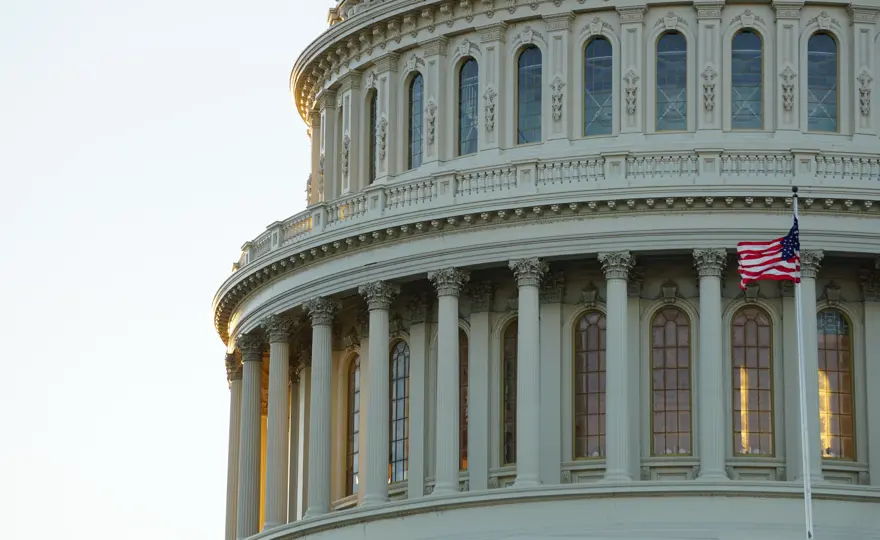ClientEarth Communications
18th October 2021


US directors and officers who are not effectively monitoring, disclosing, and managing climate risks can be held to account and face potential litigation under Delaware law, according to a new report on the climate and company law in the United States.
An analysis by the Commonwealth Climate Law Initiative (CCLI) found that US company directors and officers could be held liable for failure to address climate-related risks.
The report specifically looks at requirements under Delaware law, and sets forth the ways that company executives could fail to meet their fiduciary duties, which are legal obligations on directors to act in the best interest of their shareholders and investors, and put the interest of the company first. By not addressing the climate risk, they may be in breach of these obligations.
Climate risk is not an issue for the future, but something that companies proactively need to tackle now. To comply with climate goals and the transition to a net zero economy, businesses have to adapt – and a key part of this is transparently taking action to address how climate change will impact their business - said ClientEarth Americas Director Doug Ruley.
Climate change is significantly increasing the risks facing a company’s operations, as well as raising new compliance issues with regulations and policies to reduce greenhouse gas emissions. Litigation related to climate change could arise when directors and officers:
“Climate risk is not an issue for the future, but something that companies proactively need to tackle now. To comply with climate goals and the transition to a net zero economy, businesses have to adapt – and a key part of this is transparently taking action to address how climate change will impact their business,” said ClientEarth Americas Director Doug Ruley.
“Investors and shareholders are demanding answers regarding how businesses will protect and secure their capital in the face of the climate emergency. If company directors and officers do not get on the front foot, they themselves could be held legally responsible.”
Cases for a breach of fiduciary duty often begin with requests to inspect corporate books and records. The Delaware Supreme Court has held that a shareholder only needs to provide a ‘credible basis’ for wrongdoing to undertake a search, and has allowed access to emails and other communications between directors. Given the public nature of litigation, this can have reputational impacts for companies.
“There is a pathway for these kinds of legal challenges to take place, and we can expect investors and shareholders to use it,” said Doug.
“But equally, businesses have an opportunity to show leadership in evolving their business models in response to climate impacts and risks. These risks also bring opportunities for innovation and resilience as the transition to a low-carbon future continues apace.”